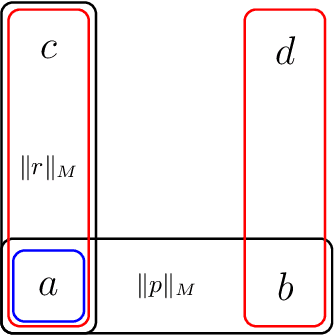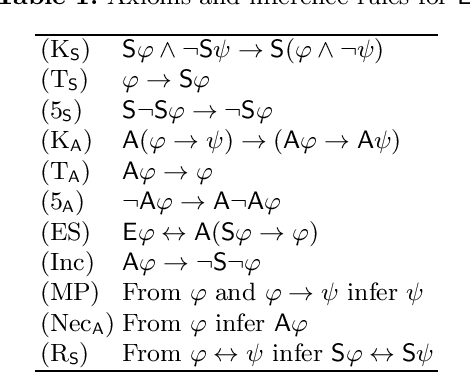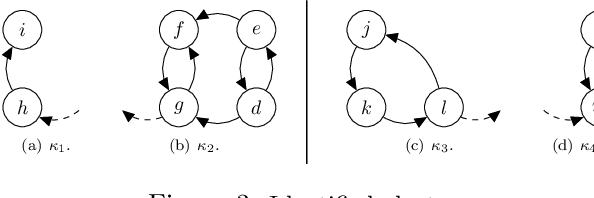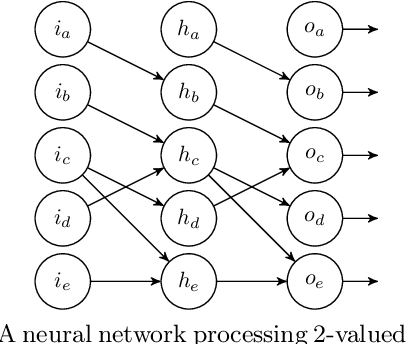Joseph Singleton
Who's the Expert? On Multi-source Belief Change
Apr 29, 2022Abstract:Consider the following belief change/merging scenario. A group of information sources gives a sequence of reports about the state of the world at various instances (e.g. different points in time). The true states at these instances are unknown to us. The sources have varying levels of expertise, also unknown to us, and may be knowledgeable on some topics but not others. This may cause sources to report false statements in areas they lack expertise. What should we believe on the basis of these reports? We provide a framework in which to explore this problem, based on an extension of propositional logic with expertise formulas. This extended language allows us to express beliefs about the state of the world at each instance, as well as beliefs about the expertise of each source. We propose several postulates, provide a couple of families of concrete operators, and analyse these operators with respect to the postulates.
A Logic of Expertise
Jul 22, 2021

Abstract:In this paper we introduce a simple modal logic framework to reason about the expertise of an information source. In the framework, a source is an expert on a proposition $p$ if they are able to correctly determine the truth value of $p$ in any possible world. We also consider how information may be false, but true after accounting for the lack of expertise of the source. This is relevant for modelling situations in which information sources make claims beyond their domain of expertise. We use non-standard semantics for the language based on an expertise set with certain closure properties. It turns out there is a close connection between our semantics and S5 epistemic logic, so that expertise can be expressed in terms of knowledge at all possible states. We use this connection to obtain a sound and complete axiomatisation.
Online Handbook of Argumentation for AI: Volume 1
Jun 22, 2020

Abstract:This volume contains revised versions of the papers selected for the first volume of the Online Handbook of Argumentation for AI (OHAAI). Previously, formal theories of argument and argument interaction have been proposed and studied, and this has led to the more recent study of computational models of argument. Argumentation, as a field within artificial intelligence (AI), is highly relevant for researchers interested in symbolic representations of knowledge and defeasible reasoning. The purpose of this handbook is to provide an open access and curated anthology for the argumentation research community. OHAAI is designed to serve as a research hub to keep track of the latest and upcoming PhD-driven research on the theory and application of argumentation in all areas related to AI.
 Add to Chrome
Add to Chrome Add to Firefox
Add to Firefox Add to Edge
Add to Edge